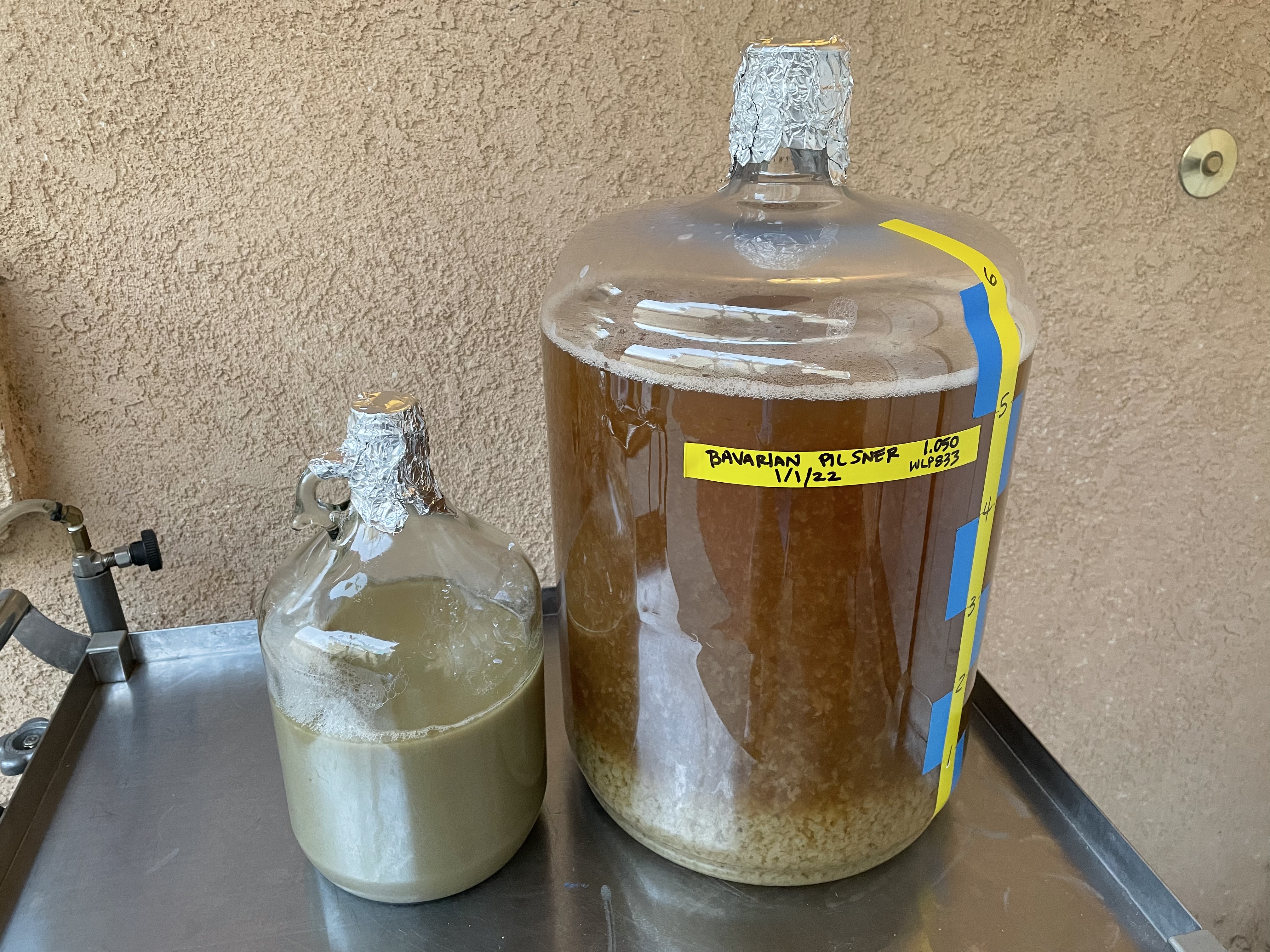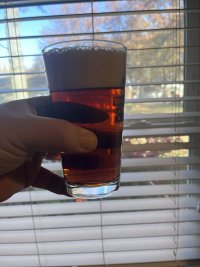JohnnyNicotine
Member
Hi, last night I brewed my 3rd batch ever (BIAB). After the cold break and draining to the fermenter, I had what seemed to me, a massive amount of trub. I’m going for the clearest beer I can with my inexperience so I drained as much clear wort as I could without getting into the trub. This resulted in losing about a gallon and half of trub and wort in the kettle. My question is, is there a good, inexpensive way to filter the trub before the transfer from the kettle in the future or, should I not even worry about it at this point in my progression and just pour everything in the fermenter and let it do its thing? Thanks!





